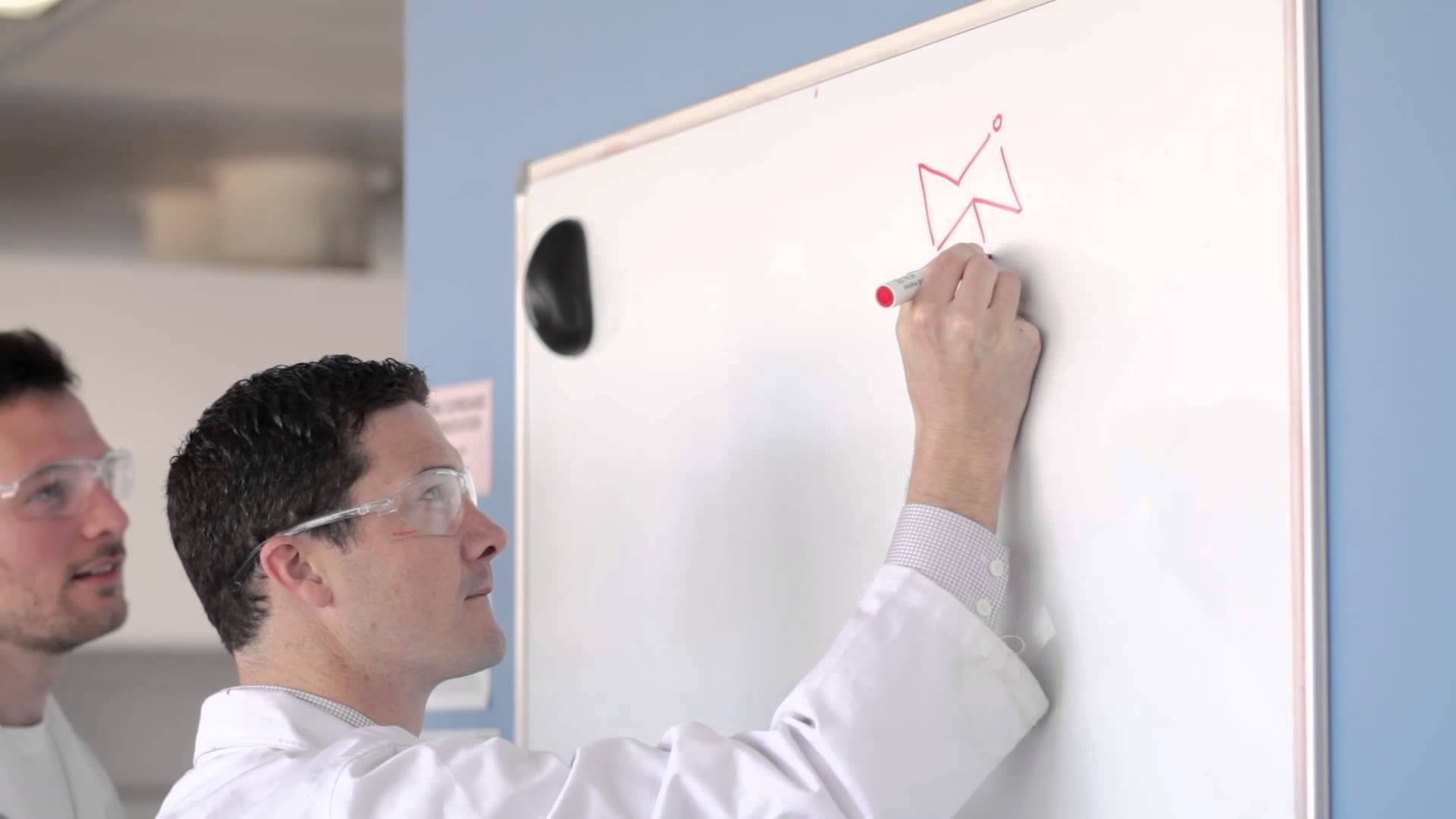
Richard Payne wins Malcolm McIntosh Prize for Physical Scientist of the Year in Australia.
A Gates Cambridge Scholar has received this year’s $50,000 Malcolm McIntosh Prize for Physical Scientist of the Year in Australia.
Richard Payne [2002] was presented with the prize by the Australian Prime Minister Malcolm Turnbull at a dinner in the Great Hall at Parliament House, Canberra, this week.
He is one of seven prize winners for 2016 and was recognised for "re-engineering nature to fight for global health".
Richard did his PhD in Chemistry at the University of Cambridge.
He is now Professor of Organic Chemistry and Chemical Biology at The University of Sydney where his work involves recreating naturally occurring peptides and proteins in the lab, which he can tweak to fine-tune performance to manufacture powerful new drugs. These include anti-clotting agents found in ticks which ensure they get a good feed from their victims. Richard's team has modified them to make them into potent anti-clotting drugs that cause less bleeding than currently used anticoagulant therapies.
Turning natural anti-clotting agents into therapeutic treatements is a difficult process, which usually involves making the proteins in mammalian or insect cells, then harvesting and trying to purify the protein. However, Richard’s technologies bypass those challenges by enabling him to build the proteins one amino acid at a time and to modify them. The anti-clotting drugs are expected to enter pre-clinical assessment in the next year. Anti-clotting treatments are vital for the treatment of conditions such as stroke.
Richard says his team is prioritising the use of his new technologies, which are the subject of four patent applications, to tackle global health issues. For malaria he is developing modified versions of gallinamide A, a peptide-based natural product found in marine bacteria in the West Indies, that have shown excellent results at clearing a malarial infection in vivo. He is also working with compounds from soil bacteria that show strong antibiotic effects and kill drug-resistant strains of TB.
One third of the world’s population (about two billion people) are thought to be infected with TB. It kills more than 1.5 million people per year and is becoming resistant to most of the drugs used to treat it. Richard hopes that his TB drug candidates will lead to new and effective drugs within the decade.
Richard and his team have also developed the first fully synthetic cancer vaccine candidates possessing all the components required to stimulate an immune response for the eradication of tumours. Certain proteins on cell surfaces are decorated with sugar molecules. Richard has shown that cancer cells produce more of these sugar molecules and that they have different chemical structures to the molecules on normal cells. He has made segments of these sugar-derived proteins and shown that they can generate antibodies that attack cancer cells selectively. Work is underway to test these potential vaccines in models of pancreatic cancer and breast cancer.
Richard is an Australian Research Council Future Fellow and was appointed as a full Professor in 2015 at the age of 34.
Richard speaks about his research on Youtube here.

Richard Payne
- Alumni
- New Zealand
- 2002 PhD Chemistry
- Downing College












